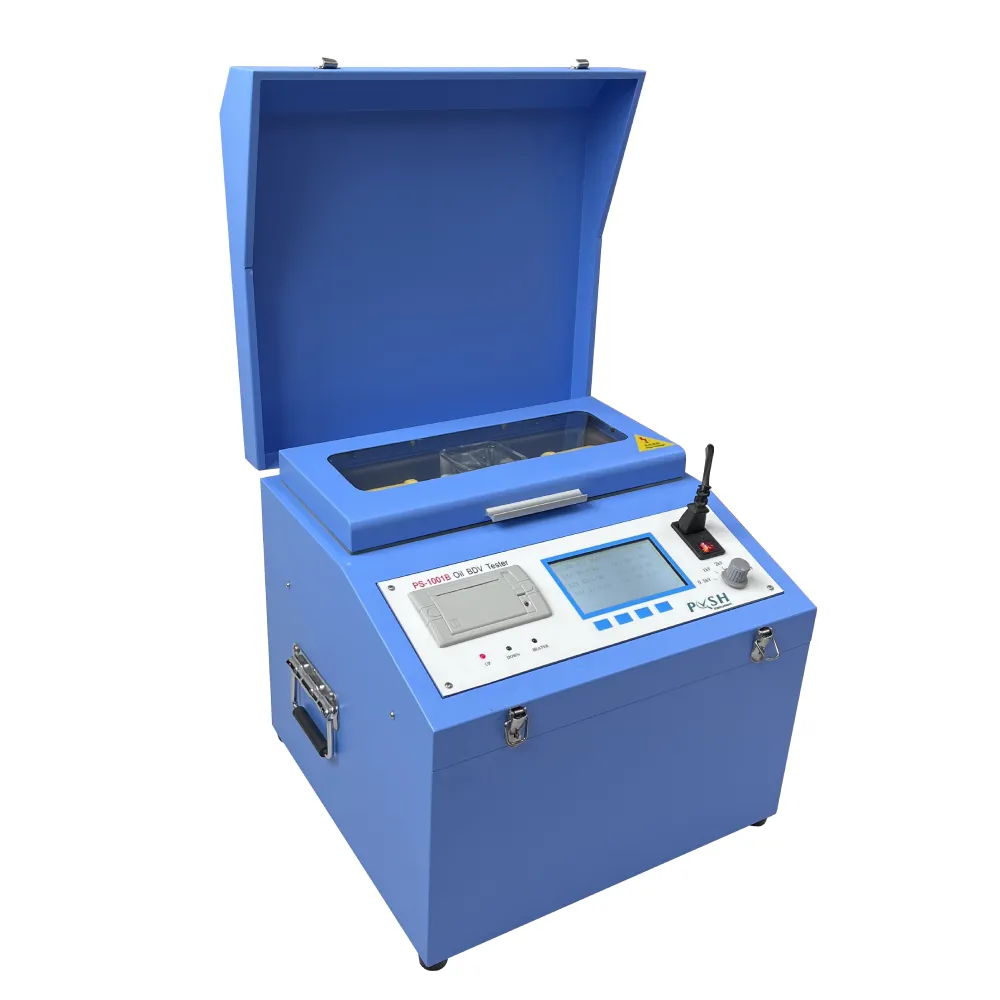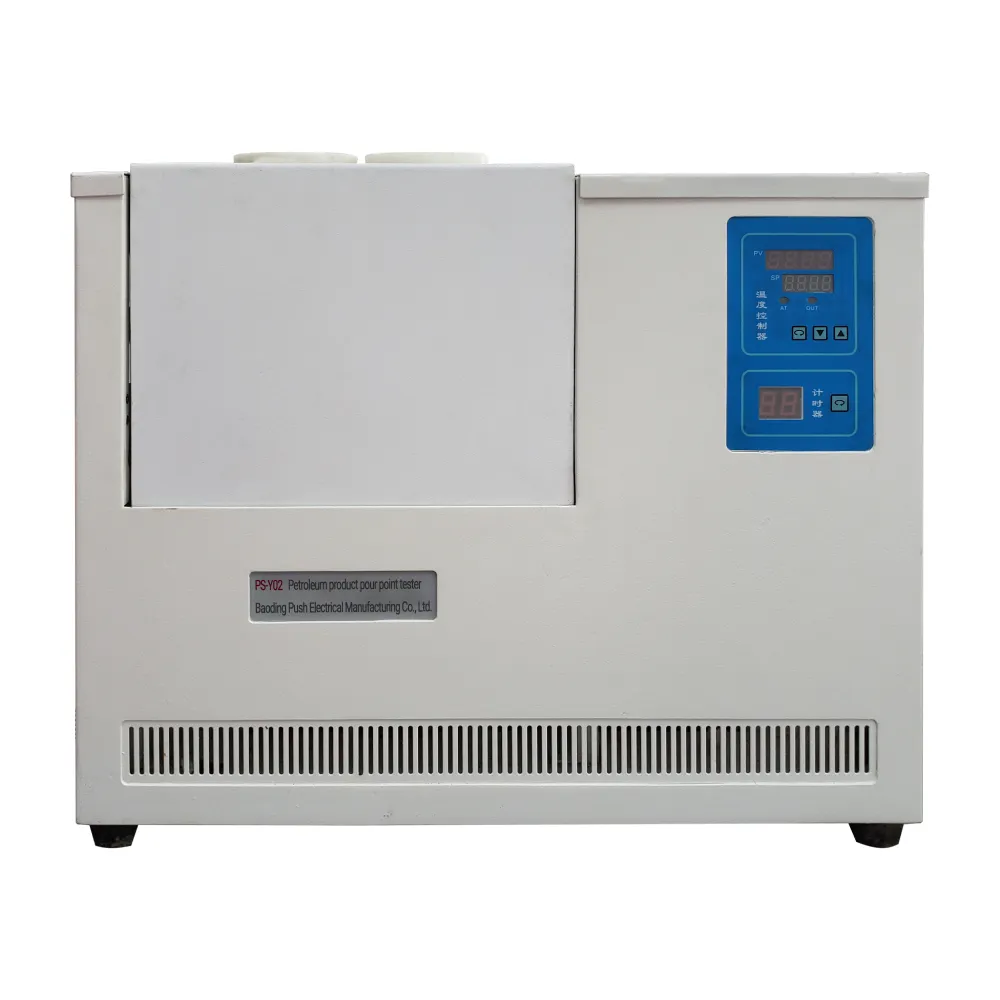TEL:
+86-0312-3189593
 English
English

Telephone:0312-3189593

Email:sales@oil-tester.com

-
 Afrikaans
Afrikaans -
 Albanian
Albanian -
 Amharic
Amharic -
 Arabic
Arabic -
 Armenian
Armenian -
 Azerbaijani
Azerbaijani -
 Basque
Basque -
 Belarusian
Belarusian -
 Bengali
Bengali -
 Bosnian
Bosnian -
 Bulgarian
Bulgarian -
 Catalan
Catalan -
 Cebuano
Cebuano -
 China
China -
 China (Taiwan)
China (Taiwan) -
 Corsican
Corsican -
 Croatian
Croatian -
 Czech
Czech -
 Danish
Danish -
 Dutch
Dutch -
 English
English -
 Esperanto
Esperanto -
 Estonian
Estonian -
 Finnish
Finnish -
 French
French -
 Frisian
Frisian -
 Galician
Galician -
 Georgian
Georgian -
 German
German -
 Greek
Greek -
 Gujarati
Gujarati -
 Haitian Creole
Haitian Creole -
 hausa
hausa -
 hawaiian
hawaiian -
 Hebrew
Hebrew -
 Hindi
Hindi -
 Miao
Miao -
 Hungarian
Hungarian -
 Icelandic
Icelandic -
 igbo
igbo -
 Indonesian
Indonesian -
 irish
irish -
 Italian
Italian -
 Japanese
Japanese -
 Javanese
Javanese -
 Kannada
Kannada -
 kazakh
kazakh -
 Khmer
Khmer -
 Rwandese
Rwandese -
 Korean
Korean -
 Kurdish
Kurdish -
 Kyrgyz
Kyrgyz -
 Lao
Lao -
 Latin
Latin -
 Latvian
Latvian -
 Lithuanian
Lithuanian -
 Luxembourgish
Luxembourgish -
 Macedonian
Macedonian -
 Malgashi
Malgashi -
 Malay
Malay -
 Malayalam
Malayalam -
 Maltese
Maltese -
 Maori
Maori -
 Marathi
Marathi -
 Mongolian
Mongolian -
 Myanmar
Myanmar -
 Nepali
Nepali -
 Norwegian
Norwegian -
 Norwegian
Norwegian -
 Occitan
Occitan -
 Pashto
Pashto -
 Persian
Persian -
 Polish
Polish -
 Portuguese
Portuguese -
 Punjabi
Punjabi -
 Romanian
Romanian -
 Russian
Russian -
 Samoan
Samoan -
 Scottish Gaelic
Scottish Gaelic -
 Serbian
Serbian -
 Sesotho
Sesotho -
 Shona
Shona -
 Sindhi
Sindhi -
 Sinhala
Sinhala -
 Slovak
Slovak -
 Slovenian
Slovenian -
 Somali
Somali -
 Spanish
Spanish -
 Sundanese
Sundanese -
 Swahili
Swahili -
 Swedish
Swedish -
 Tagalog
Tagalog -
 Tajik
Tajik -
 Tamil
Tamil -
 Tatar
Tatar -
 Telugu
Telugu -
 Thai
Thai -
 Turkish
Turkish -
 Turkmen
Turkmen -
 Ukrainian
Ukrainian -
 Urdu
Urdu -
 Uighur
Uighur -
 Uzbek
Uzbek -
 Vietnamese
Vietnamese -
 Welsh
Welsh -
 Bantu
Bantu -
 Yiddish
Yiddish -
 Yoruba
Yoruba -
 Zulu
Zulu
Februari . 16, 2025 03:07
Back to list
PS-DC10A Transformer DC Winding Resistance Tester
The increasing demand for precise electrical measurements has led to the evolution of equipment like the DC resistance tester. This device plays a critical role in a variety of industrial applications, ensuring the reliability and efficiency of electrical systems. As an authoritative figure in the field of electrical measurement, understanding the intricacies of DC resistance testers is essential, not just for professionals but also for anyone looking to optimize the performance of their electrical systems.
When selecting a DC resistance tester, industry experts often recommend considering factors such as the range of resistance values, test current, accuracy, and the specific standards required in your region or industry. Regular calibration and maintenance are advised to retain the accuracy of measurements and ensure ongoing safety and reliability. The application of DC resistance testers extends across various industries. In power generation and distribution, they assess the condition of transformer coils, identifying potential hotspots. In manufacturing, they test motor and generator windings to prevent unexpected downtimes. Additionally, in telecommunications, these testers help in maintaining the integrity of cable networks, crucial for optimal performance. A trusted manufacturer is fundamental when investing in a DC resistance tester. Companies with a long history of producing reliable and innovative testing equipment provide not only superior products but also comprehensive support and service. Technical support services, training programs, and after-sales service enhance the value of the investment, ensuring that users are fully equipped to handle their testing requirements. Feedback from experienced users, industry reviews, and third-party endorsements are valuable resources in evaluating the credibility and trustworthiness of a DC resistance tester. Aligning with industry standards and certifications further guarantees the reliability of the device. An investment in a high-quality DC resistance tester pays dividends by improving diagnostic accuracy, extending equipment lifespans, and minimizing costly downtimes. In conclusion, DC resistance testers stand as pillars of accuracy and safety in electrical measurements. Their critical role in diagnosing and monitoring electrical components makes them essential tools for professionals who demand the best in precision and reliability. By focusing on experience, expertise, authoritativeness, and trustworthiness, users can harness the full potential of these devices, enhancing both the safety and efficiency of their electrical systems.


When selecting a DC resistance tester, industry experts often recommend considering factors such as the range of resistance values, test current, accuracy, and the specific standards required in your region or industry. Regular calibration and maintenance are advised to retain the accuracy of measurements and ensure ongoing safety and reliability. The application of DC resistance testers extends across various industries. In power generation and distribution, they assess the condition of transformer coils, identifying potential hotspots. In manufacturing, they test motor and generator windings to prevent unexpected downtimes. Additionally, in telecommunications, these testers help in maintaining the integrity of cable networks, crucial for optimal performance. A trusted manufacturer is fundamental when investing in a DC resistance tester. Companies with a long history of producing reliable and innovative testing equipment provide not only superior products but also comprehensive support and service. Technical support services, training programs, and after-sales service enhance the value of the investment, ensuring that users are fully equipped to handle their testing requirements. Feedback from experienced users, industry reviews, and third-party endorsements are valuable resources in evaluating the credibility and trustworthiness of a DC resistance tester. Aligning with industry standards and certifications further guarantees the reliability of the device. An investment in a high-quality DC resistance tester pays dividends by improving diagnostic accuracy, extending equipment lifespans, and minimizing costly downtimes. In conclusion, DC resistance testers stand as pillars of accuracy and safety in electrical measurements. Their critical role in diagnosing and monitoring electrical components makes them essential tools for professionals who demand the best in precision and reliability. By focusing on experience, expertise, authoritativeness, and trustworthiness, users can harness the full potential of these devices, enhancing both the safety and efficiency of their electrical systems.
Latest news
-
Testing Equipment Industry Sees Major Advancements in 2025: Smart & Precision Technologies Lead the WayNewsJun.06,2025
-
Applications of Direct Current Generators in Renewable Energy SystemsNewsJun.05,2025
-
Hipot Tester Calibration and Accuracy GuidelinesNewsJun.05,2025
-
Digital Circuit Breaker Analyzer Features and BenefitsNewsJun.05,2025
-
Benefits of Real-Time Power Quality Monitoring Devices for Industrial EfficiencyNewsJun.05,2025
-
Earth Fault Loop Testing in High-Rise Building Electrical SystemsNewsJun.05,2025



